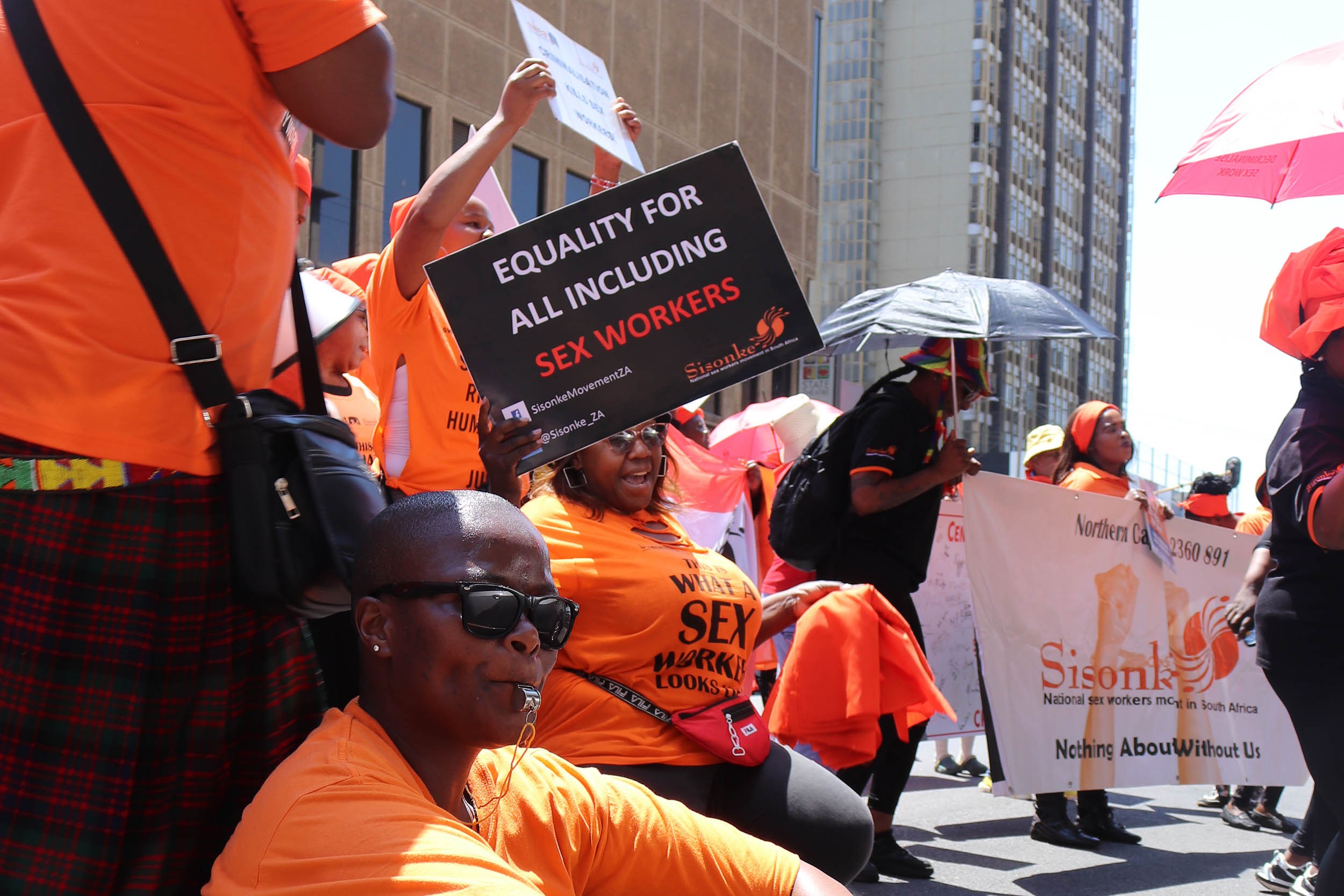Thirty years into democracy. Six administrations later. Sex work in South Africa remains criminalised. An unprotected trade. Excluded from the freedoms promised by the country’s Constitution. Despite countless commitments by the Department of Justice and Constitutional Development, including the Deputy Minister’s reaffirmation during our 2024 Sisonke National Conference, the government continues to stall. What we face is not a lack of consultation, it is a lack of political will.
In 2016, while serving as Deputy President, President Cyril Ramaphosa publicly pledged to prioritise the decriminalisation of sex work, recognising it as a matter of human rights and safety. Nearly a decade later, that promise remains unfulfilled. Each election season, political parties make hollow promises to include sex workers in policy reform, only to fall silent once the votes are cast. The decriminalisation of sex work has been repeatedly raised in political manifestos and election campaigns and conveniently forgotten once they all settle in office.
Sex workers across South Africa have grown weary of being used as political talking points, visible when their struggles serve campaign rhetoric and invisible when real action is required. These repeated betrayals have deepened mistrust between the state and those most affected by its inaction.
For over two decades, the Sisonke National Movement and its allies have marched, submitted proposals, debated, and engaged government in good faith. Yet each round of “consultation” ends in silence and bureaucratic delay. This indecision has cost us lives. Under criminalisation, sex workers continue to face violence, police harassment, and exclusion from labour and healthcare systems. Every delay in reforming these laws is not neutral. It is deadly.
Criminalisation drives the trade underground, making sex workers easy targets for abuse and exploitation. It silences survivors of violence and denies them justice. As the Department debates frameworks, sex workers continue to die in isolation and fear. These are not administrative challenges; they are constitutional failures.
The government’s reluctance has also strengthened anti-rights movements that weaponise morality to erode constitutional values. Under the guise of “protection,” these groups have vilified sex workers, attacked bodily autonomy, and undermined decades of progress on gender equality and human rights. Each delay gives them victory and pushes our democracy further into regression.
Meanwhile, South Africa faces deepening inequality, unemployment, and growing reliance on state grants that cannot sustain households once supported through sex work. Criminalisation denies sex workers access to fair pay, labour protections, or healthcare, perpetuating poverty and exclusion. More than 20 years of community empowerment and advocacy risk being undone as government stalls on fulfilling its promises.
The Sisonke National Movement remains steadfast in its call for a human rights-based, labour-focused approach to decriminalisation. We reiterate sex work is work! and that the law must recognise it as such. Decriminalisation is not about morality; it is about justice, safety, and equality.
We are calling on global partners, donors, and human rights movements to stand with us. The fight for decriminalisation is costly. From community mobilisation to legal advocacy and survivor support, we urgently need financial support, media visibility, and artivist collaborations that amplify sex worker voices and protect the movement from being silenced.
Every day of inaction costs a life. Every delay deepens inequality. South Africa cannot claim to champion human rights while continuing to criminalise survival.
We call on the Department of Justice and Constitutional Development to release a clear, time-bound roadmap for decriminalisation and to make sex workers equal partners in shaping the law.
The cost of ignoring our calls to decriminalise sex work is blood on the ground.
Sex work is work. Human rights are non-negotiable.
Issued by Sisonke National Movement in South Africa
Join our call. Support decriminalisation. Fund the fight for justice and dignity
